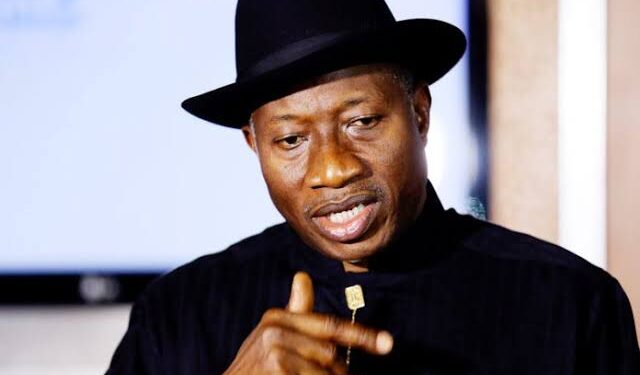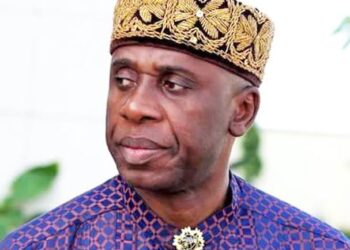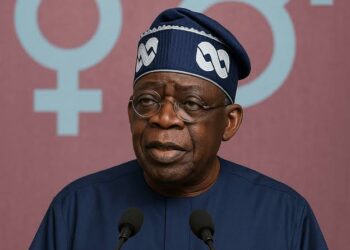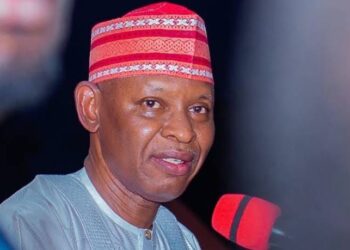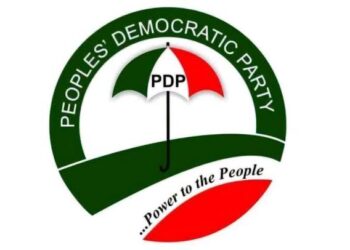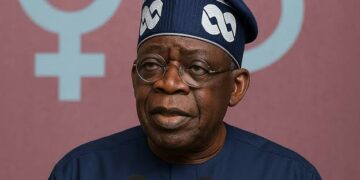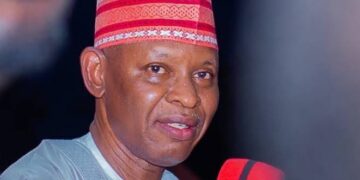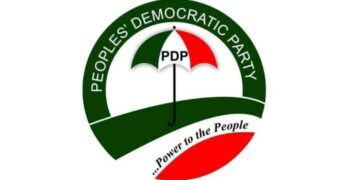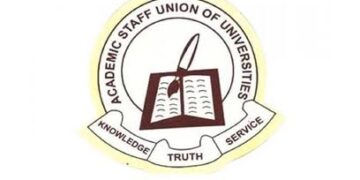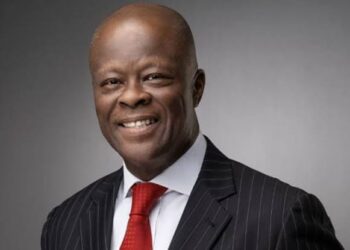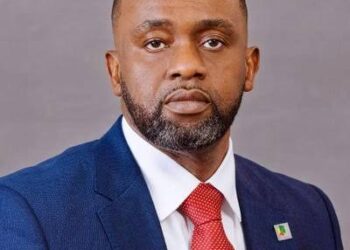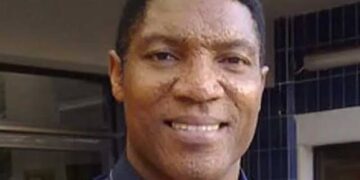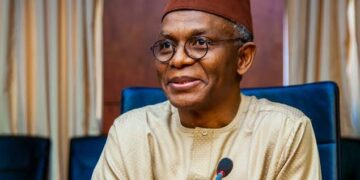Former President Goodluck Jonathan has called for urgent reforms in Nigeria’s electoral body, particularly in the appointment process of the Independent National Electoral Commission (INEC) chairman, as the country prepares for the 2027 general elections.
Jonathan, represented by Ms. Ann Iyonu, Executive Director of the Goodluck Jonathan Foundation, made the statement at the public presentation of the National Action Plan for Electoral Reforms organised by the Abuja School of Social and Political Thought (TAS) on Wednesday, August 27, 2025.
Jonathan commended TAS for its commitment to democratic development, saying, “The work you are doing is not only critical for the health of our political system, but it is also a patriotic service to our country and its future generations.”
He noted that while Nigeria has made progress since returning to democratic rule, the electoral system continues to face significant challenges.
He stated that reforms are needed to better reflect the will of the people, ensure justice, and strengthen democratic institutions. He said, “If we are truly committed to democracy, we must be bold enough to reform the process to better reflect the will of the people and the principles of justice, accountability, and inclusion.”
Jonathan highlighted the growing crisis of political party indiscipline, opportunistic defections by elected officials.
“We have seen a disturbing rise in the practice of cross-carpeting, elected officials defecting from the parties under which they were elected, often without ideological justification or accountability to the electorate,” he said.
He suggested the establishment of an independent body to regulate party operations and enforce internal democracy, adding that “the office should have the power to declare the seat of any defector vacant.”
Concerning INEC leadership, Jonathan stressed that “the credibility of elections rests heavily on the neutrality and competence of the Independent National Electoral Commission (INEC).”
He called for an independent screening and nomination process involving representatives from the judiciary, academia, civil society, and professional bodies, from which the President would appoint the INEC chairman.
“This reform will reduce perceptions of bias, promote public trust in INEC, and enhance the legitimacy of its decisions,” he said.
Jonathan further emphasised the importance of resolving all post-election disputes before elected officials are sworn into office, saying, “It creates confusion and undermines governance when candidates with unresolved election cases assume office, only to later be removed by the courts.”
He proposed the adoption of frameworks that compel timely resolution of electoral disputes, adding, “Justice delayed in elections is justice denied, not just for the candidates, but for the electorate.”


